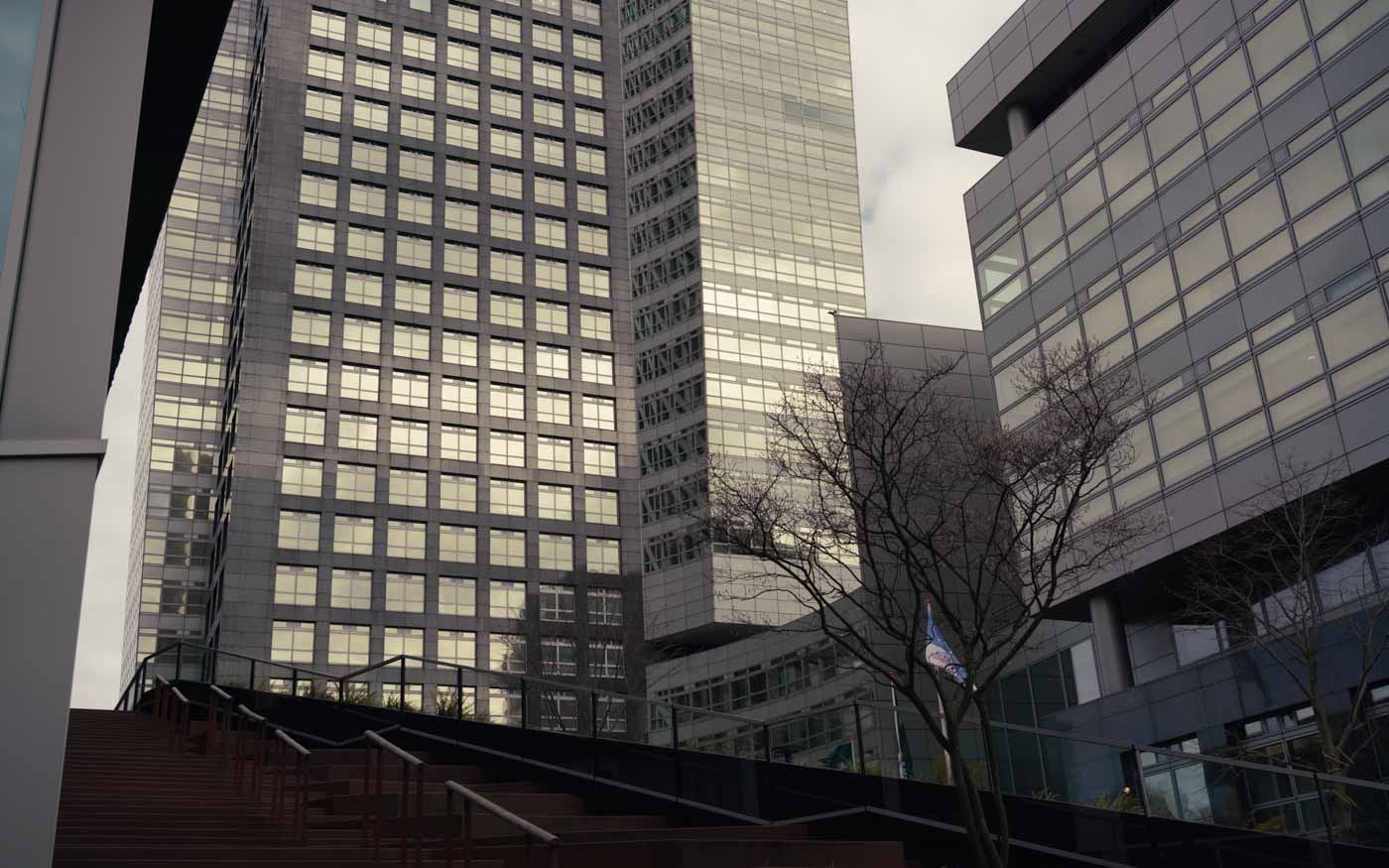FORTUNE: “EMPLOYEES ARE SPENDING THE EQUIVALENT OF A MONTH’S GROCERY BILL ON RETURN-TO-OFFICE – AND GROWING MORE RESENTFUL THAN EVER, SURVEY FINDS”
Despite promising myself I wouldn’t write about “the state of work,” this Fortune’s article finally triggered me to break my own rule.
A lesson from history
The current debate about work culture takes me back to the early 2000s and the “channel wars.” Back then, digital sales and service channels competed with traditional, brick-and-mortar environments.
Fast forward to 2024, and omni-channel customer experiences have become the norm. We’ve learned that some customer needs are best addressed face-to-face or in physical settings, while others are more efficiently handled digitally. The key takeaway from the past 20+ years is clear: the desired customer outcome determines the optimal channel. Now, applying this lesson to today’s workplace, we find ourselves in the era of omni-channel knowledge work.
The era of “me” at work
The issue I have with the current climate is that we’ve forgotten why companies exist in the first place—and who ensures those paychecks keep coming. It might be unfashionable to say it, but companies should exist foremost for customers and shareholders, not for leaders or employees.
- Ultimately, customers pay the salaries
- Shareholders have the right to set expectations for management regarding the direction of the business
- The CEO has the legal responsibility to act in the company’s and shareholders’ best interests, ensuring compliance and delivering aligned results
- Innovation, collaboration, and efficiency are critical for business survival. These factors are the lifeblood, or long-term life insurance, of any company
- Neglect them, and headcount will drop faster as AI-driven job cuts are compounded by those caused by lost competitiveness.
In the corporate world, there has always been a core group — the corporate elite, comprising formal leaders and informal influencers — whose behaviours ultimately determine a company’s success or failure. Put simply, organisational cultures have historically been designed to serve those at the core. (Who Really Matters: The Core Group Theory of Power, Privilege and Success, Doubleday, 2003, by Art Kleiner)
Indeed, I’ve witnessed countless unsustainable practices that have understandably left employees emotionally disengaged. It’s no surprise, then, that many now view remote and hybrid work as a much-needed escape from toxic cultures and soul-crushing bureaucracy.
The root cause
The first sentence of the Fortune article reads: “Despite the BENEFITS OF REMOTE WORK FOR EMPLOYEES (capital letters mine), many organisations are abandoning it in favour of returning to the office full-time — or part-time in a hybrid model.”
Now, I’m not against employee well-being — quite the opposite. What amazes me is how much poor treatment employees were willing to tolerate pre-COVID from their leaders and organisations. We all know that the culture of a company is shaped by the worst behaviour a leader is willing to tolerate — and, frankly, there’s been a lot of tolerating.
What concerns me — particularly as a European living in a continent where competitiveness is under threat due to fast shifting market dynamics — is that leaders are unwilling to confront the fundamental problems in their work cultures and make the necessary changes. As a result, employees have come to view work as an increasingly transactional activity, where what’s “best for the company” always seems to be “bad for me.”
A balanced negotiation
At the heart of this issue lies a shift in power dynamics and organisational cultures. The key question is: Who belongs to the core group, and whose interests drive changes in organisational culture? It’s well-known that all cultural shifts are painful—whether forced, like the COVID-19 pandemic, or driven by negotiation, where old ideas clash with new ones, as we’re seeing now.
What I hope for is a more balanced discussion, where the negative impacts of remote work on companies are addressed with the same depth as the consequences for employees of being asked to “come back to the office.”
Omni-channel work experience
The “channel wars” taught us a vital lesson: unless we recognise the need for diverse outcomes — and move away from a one-size-fits-all approach — we weaken Europe every single day. This stifles innovation, hampers collaboration, and reduces productivity across organisations, to the detriment of everyone.
My appeal
To all leaders: I urge you to be open and courageous enough to confront the harmful, unspeakable topics — the sacred cows — within organisational cultures.
To employees: I appeal to you to let go of some of the privileges gained during the exceptional circumstances of COVID-19.
It is the path to an omni-channel work experience that fosters innovation, enhances collaboration, and boosts productivity.

About the author

ADVISOR, STRATEGY AND CULTURE
Tintti Sarola
Tintti Sarola is a strategist, transformation lead, and culture expert who believes the journey defines the outcome. With a background as a national team-level dressage rider and a track record of podium finishes up to the European Championship level, she brings the same intensity, focus, and commitment to business as she once brought to elite sport.
Her career spans law, tech, strategy, and transformation – from her early days in contract law and IPR to leading digital transformation, business development, and culture-powered change initiatives. Tintti has helped build successful start-ups, scale family-run businesses, and reshape how established organisations think, behave, and operate.
She specialises in helping leadership teams rewire how they work – aligning strategy with behaviour, shifting entrenched patterns, and building the human systems that make change stick. Sharp on strategy and fluent in human dynamics, Tintti is known for cutting through noise, connecting the dots, and helping companies move – fast and together.

